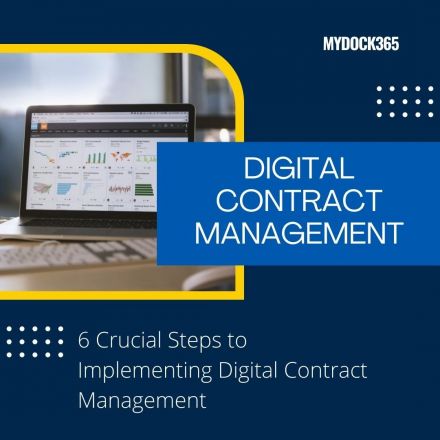Content Management Best Practices: Expert Insights and Advice
-
Nowadays, businesses and organisations face the challenge of managing and organizing their content effectively because information is abundant and constantly evolving. This is where content management systems (CMS) come into play. A content management system enables the creation, modification, and publication of digital content.
Content management systems provides a centralised platform for managing various types of content, such as text, images, videos, and documents.
Importance of Content Management Systems
Here are a few key advantages of using content management systems:
1. Easy Content Creation and Editing
Content management systems provide intuitive interfaces that make it simple for users, even those without technical expertise, to create and edit content. With a WYSIWYG (What You See Is What You Get) editor, users can format their content, add multimedia elements, and preview the final result before publishing.
2. Efficient Collaboration
These systems facilitate collaboration among team members by allowing multiple users to work on the same project simultaneously. This feature enhances productivity and eliminates version control issues, as all changes and revisions are automatically tracked and saved within the CMS.
3. Centralised Content Repository
Content management systems offer a centralised repository for storing and organising digital assets. This makes it easy to search, retrieve, and reuse content. It reduces redundancy and ensures consistency across multiple channels and platforms.
Content Management Best Practices
To make the most of your content management system, it is essential to follow some best practices that can optimise your content creation and management processes. Here are some expert advices:
1. Optimise Content for Search Engines
Incorporate search engine optimisation or SEO techniques into your content management strategy. Identify relevant keywords and incorporate them naturally into your content, including headings, titles, and meta tags. This will improve your website's visibility in search engine results and drive organic traffic.
2. Organise Content with a Logical Structure
Structure your content in a logical and hierarchical manner. In case, you think that you do not have the adequate knowledge regarding SEO optimised content crafting, it will be advisable for you to hire professional content writing services from an agency. Use categories, tags, and metadata to classify and organise content for easy navigation and retrieval. This allows users to find relevant information quickly and improves the overall user experience.
3. Define Clear Content Goals
Before diving into content creation, establish clear goals and objectives for your content strategy. Understand your target audience, identify their needs and interests, and align your content accordingly. This will help you create valuable and relevant content that perfectly aligns with your audience.
4. Regularly Audit and Update Content
Periodically review and update your content to ensure its relevance and freshness. Remove outdated or irrelevant content and replace it with up-to-date information. Regular content audits help maintain a high standard of quality and helps your content to remain valuable to users.
5. Implement a Content Creation Workflow
Create a standardised workflow for content creation, review, and approval. Clearly define roles and responsibilities for each stage of the process to make sure accountability and efficiency. A well-defined workflow helps streamline content production and high-quality output.
6. Ensure Mobile-Friendly Content
With the increasing use of mobile devices, it is crucial to optimise your content for mobile viewing. Responsive design, fast loading times, and easy navigation are key elements to consider when creating content for mobile users. A mobile-friendly website enhances user experience and improves engagement.
-
Effective content management is essential for businesses to streamline their content creation and distribution processes. Content management systems provide an effective solution for organisations to manage their digital content efficiently. By utilising a good CMS, you can maximise the benefits of your content management system and deliver engaging and valuable content to your audience.





























Join the Discussion